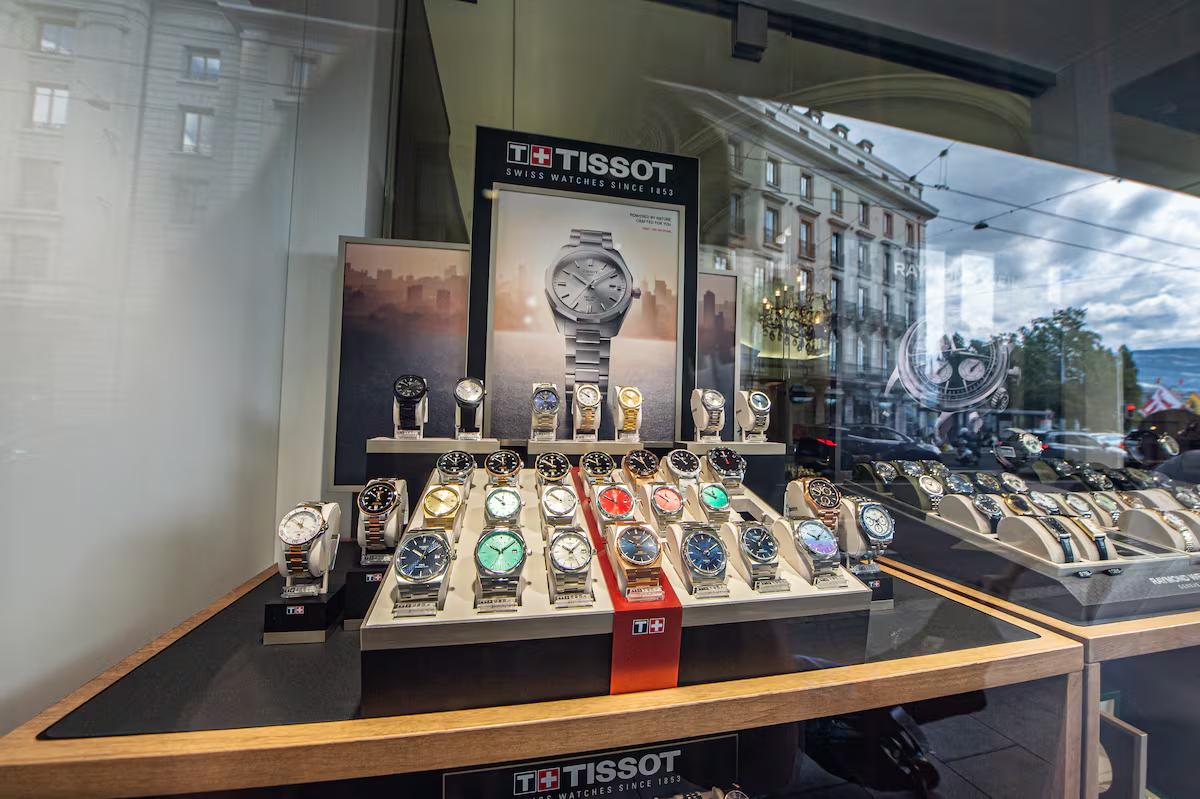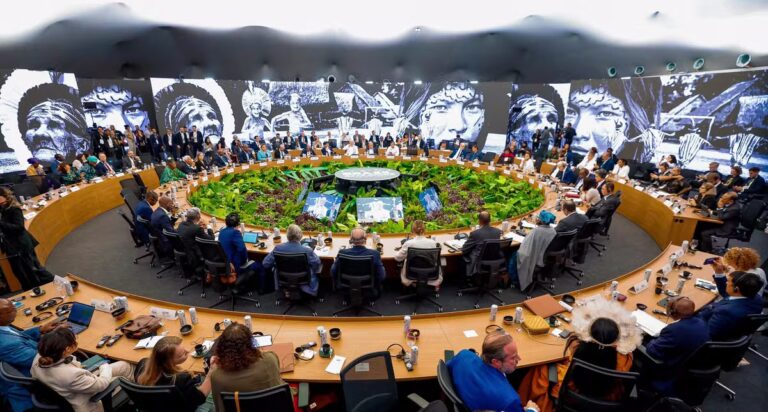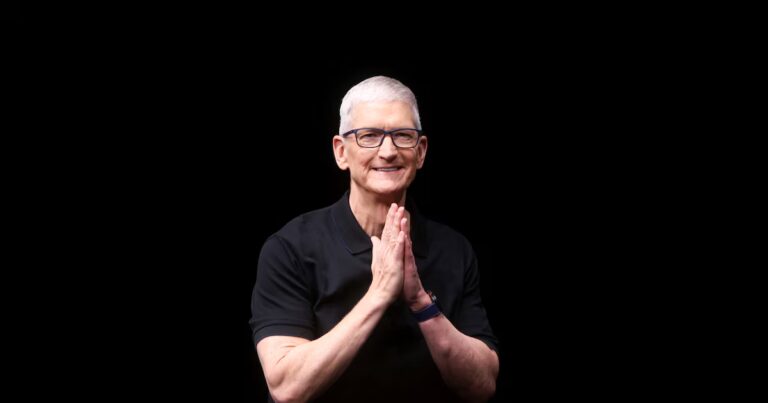
The United States and Switzerland have reached an agreement to reduce the 39% tariffs imposed by President Donald Trump last summer, U.S. Trade Representative Jamieson Greer announced this Friday. “Essentially, we have reached a (trade) agreement with Switzerland,” Greer said on CNBC. Details of the agreement are still unclear. “We intend to move the majority of our production to the United States, including pharmaceuticals, gold refining, and railroad equipment,” Greer added.
After months of negotiations in which the small but wealthy European government tried to tempt Republicans with improved proposals, the deal leaves tariffs at 15%, the same percentage supported by the European Union or Japan.
President Trump hinted at a change in direction when asked about the negotiations by reporters in the Oval Office last Monday. “We have dealt Switzerland a very hard blow (but) we want Switzerland to continue to succeed,” the US president said. He also said he was “essentially a good ally.”
With the United States as its main trading partner, Switzerland mainly sells in the market pharmaceuticals (negotiations with these manufacturers have moved to a second track), chemicals, fine metals, gold refined in Switzerland, watches, machinery and precision instruments, the latter sector being one of the areas hardest hit by trade rates. Exports of cheese and chocolate have also been hit by tariffs.
According to Swiss and American media, to reach the deal, the Swiss government promised, among other things, to buy more weapons from the United States, provide market access to American energy companies and move pharmaceutical factories to the United States. Big drug companies have already announced plans to invest millions of dollars stateside and lower drug prices in response to President Trump’s demands.
Major companies such as Roche and Novartis already produce or plan to produce in the United States. This is a measure that pharmaceutical companies around the world are taking in response to pressure from President Trump. More than a dozen pharmaceutical companies have pledged to invest more than $350 billion in the United States by the end of the decade.
There are also negotiations to move activities related to gold processing to the United States, which weighs on Washington’s unfavorable trade deficit.
The ups and downs of President Trump’s tariff policies have put Switzerland (population 9 million) on a roller coaster ride. It all started with the 31% penalty announced on April 2nd, the day the billionaire American was baptized as a public servant. Liberation Day. That day, Trump used a rudimentary poster to destroy the international trade practices and practices that countries had developed over decades of diplomacy.
That trade war was called off soon after by Republicans who saw a strong market reaction. So he decided to start bilateral negotiations with each country. According to Swiss media at the time, Bern’s government reached a general agreement with trade officials in Washington in July to keep tariffs at around 10%, but without President Trump’s blessing.
This one didn’t arrive. Switzerland was slapped with a 39% fine on its National Day on August 1, making it one of the countries with the highest taxes after Brazil, India, Myanmar, Laos and Syria.
As in other cases, President Trump imposed so-called reciprocal tariffs because he considered the US’s huge trade deficit with the Alpine Alliance, amounting to about $38.5 billion (about 33 billion euros) last year, to be a “direct loss caused by Switzerland,” ignoring, among other things, that virtually 99% of American products have free access to the Swiss market and that the trade balance favors the United States in services.
The Swiss government has placed an even greater emphasis on Economy Secretary Guy Parmelin during recent negotiations, after President Donald Trump publicly criticized Karin Keller-Sutter in August, calling her a “good woman but she didn’t listen.” Bern also relies on industry and business leaders to help bring it closer to Washington. A delegation including Rolex CEO Jean-Frédéric Dufour recently visited Trump’s Oval Office. Multiple international media outlets, including the BBC, reported that the US president received a Rolex and gold bars for the Oval Office, but the company did not want to confirm that.



